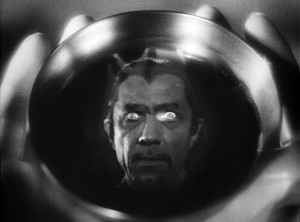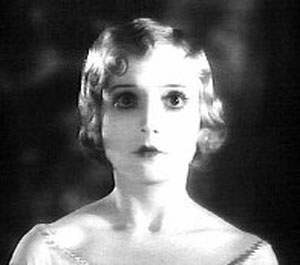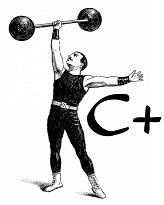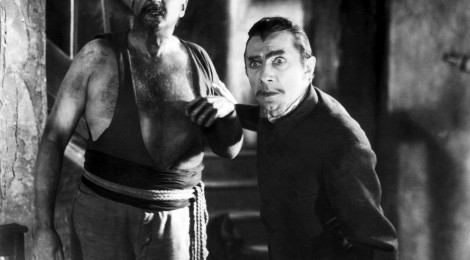Zombie films have ebbed and flowed through the years. They’re currently enjoying a resurgence, due in part to the popularity of “The Walking Dead.” While many think of George A. Romero’s “Night of the Living Dead” when it comes to quintessential zombie films, it was not the first in the genre. For that, we need to step back 36 years to 1932 when the “king of horror” Bela Lugosi ruled the screen. It was only a year after his career-defining role as Dracula that he starred in the first zombie film, “White Zombie.”
“White Zombie” tells the tale of Madeleine Short and her fiancé Neil Parker. The two of them are reunited in Haiti, where they are to be married and spend their honeymoon. While on their way to the plantation house where they’ll be staying, they encounter a mysterious man. This encounter sets forth a series of events that will change their lives.

Director Victor Halperin and writer Garnett Weston give us the first zombie film — stemming from voodooism. The explanation is simple, yet brief: The voodoo master has the power to bring people back from the dead under his control. While there are questions that can be brought up about the consistency of the zombie effects, one must have an air of disbelief about it.
As interesting as the film is, there are several issues with it. The production value is quite terrible. The sound and video are low quality. One might blame this on the fact that the film is over 80 years old, but when you compare it to classic monster movies like “Dracula,” “Frankenstein,” and “The Mummy,” all of which came out at the same time, “White Zombie” doesn’t hold a candle to them. “White Zombie” uses set pieces from films including “Dracula” and “The Hunchback of Notre Dame.” While reusing sets does not a good film make, it’s disappointing that iconic scenes were reused in what became a B-rated horror movie. In addition, the editing is inconsistent in terms of how each scene is cut together and the way in which some end abruptly. The story itself is also very simple and lackadaisical, having very little back-story or character development. The acting is inconsistent as well. Bela Lugosi is the standout as Murder Legendre. While a terrible name, Bela’s presence is one of the few things that raise the caliber of the film. His charming attitude gives Murder an aura that is undeniable, as Madge Bellamy’s Madeleine is drawn to him despite being weary. Halperin makes good use of several shots on Lugosi’s eyes to insinuate the hypnotic trance Murder puts on his victims to control them. It’s a simple, yet effective shot that draws the audience in. The remaining cast doesn’t really bring anything noteworthy to the table, which is disappointing considering what Lugosi was able to do.
The acting is inconsistent as well. Bela Lugosi is the standout as Murder Legendre. While a terrible name, Bela’s presence is one of the few things that raise the caliber of the film. His charming attitude gives Murder an aura that is undeniable, as Madge Bellamy’s Madeleine is drawn to him despite being weary. Halperin makes good use of several shots on Lugosi’s eyes to insinuate the hypnotic trance Murder puts on his victims to control them. It’s a simple, yet effective shot that draws the audience in. The remaining cast doesn’t really bring anything noteworthy to the table, which is disappointing considering what Lugosi was able to do.
Starting in the 1920s, Hollywood released many of what are now considered to be the quintessential classic monster movies ever made. These films have stood the test of time, and continue to be revered and used by filmmakers as references or homages in their own work. In the midst of these films, “White Zombie” tried to leave its mark in cinematic history, and to some extent it did. In trying to become the first film to deal with the subject of zombies, it gave viewers a scare into what it would be like if the dead truly were brought back to life as mindless slaves. Unfortunately, low production value and a lacking script keep this film from being recognized as one of the greats. Despite a great performance by Bela Lugosi, “White Zombie” will never live up to the level of “Dracula” or “Frankenstein.”
– by Mike Surerus


